Let me explain you what I mean.
We are hardwired to connect with one another. Wanting or not, our emotional state and behaviour affect the other—any person that we interact with, and it doesn’t matter if we’re meeting in-person or online. We’re all the time occupied with interpreting the body language, facial expressions and tone of voice of the people we interact with and adapting to it.
In the end, it’s not the words that we use but our nonverbal cues that speak the loudest. And these wordless signals we send out can put the people around us at ease, build trust, and draw them towards us, or they can offend, confuse, and undermine what we’re trying to convey. And, of course, it goes without saying that these messages don’t stop when we stop speaking either. Even when we’re silent, we’re still communicating nonverbally.
“ We’re in constant relationship with our environment, whether we know it or not. ”
But there’s more, we also need to consider that our nervous system, brain and body are inseparable from the greater environment that surrounds us. This is the character of the interconnectedness of all life—all life affects itself and the things that surround it. Many of you have heard me saying that we’re in constant relationship with it, whether we know it or not.
So as you can imagine, when everybody is concerned with surviving as we’re all now with the threat of a pandemic and climate disruption—although the recovery signs of nature during this slow downtime are incredible and gives us hope, there’s not much space for abiding wellness or thriving. Yet what we have to understand is that the critical situation when it comes to the ecological health of the planet is inextricably linked to our own. In other words, it’s a reflection of what’s happening to us as well.
Acoustic Body® retreat in Portugal 2018
Let’s just think for a moment about the fires of last year: The devastation of kilometres of forests as a metaphor to the increasing number of burn-outs and mental health problems registered last year as well. It could be seen as a problem of excess of fire after all.
What can we do to helps us regain a sense of agency and safety (and claim back the calm that comes with it) when we’re being asked to social distance (that in reality is more physically) and being in nature, witnessing its fast drastic changes became a source of anxiety and worry rather than relaxing?
According to neuroscience, and more specifically in the trauma research field, our overall wellbeing—physical, emotional, mental, spiritual and even financial—relies enormously on the cultivation of relationships with others to nurture the self-regulatory circuits that enable our experiences to enrich, rather than constrict, our lives. This means that our self-regulatory circuits are social in nature and that our body and nervous system needs a sense of connection, closeness, and intimacy not only to survive but to thrive.
When we feel connected to another person or a larger community, oxytocin—known as the love and bonding hormone, is released. Not only does oxytocin make us feel better, more open, and connected with the world around us—it’s also one of the most natural ways to balance high levels of stress hormones like cortisol.
This strategy is effective and certainly does enhance the quality of our life balance, but, however courageous we’re in fighting the good fight to implement authentic connections into our life, there remains one big problem: the wider socio-economic-political culture that creates and shapes our reality.
“We need to figure out how we can move, as a unified planetary community, into a regenerative social system.”
With much of the globe self-isolating, we’re presented with incredible challenges and incredible opportunities. It’s not clear if it will ever be possible to simply re-start the world as it was, once the curve flattens. But maybe what would actually be better would be something like a re-set.
We need to figure out how we can move, as a unified planetary community, into a regenerative social system. And for that we really need to pause now, take stock and admit to ourselves and each other what we know and see happening inside and outside of ourselves. It’s time to stop trying to escape or numb ourselves by not wanting to feel our feelings and vulnerabilities.
If we want to change and heal the world, we have to change and heal ourselves—and we can’t do it alone. We need the support of each other to keep growing and it’s also through the others that we see our growth happening.
So this can really be a different time. It can be a time for us to come together, to start a quiet revolution, of learning to pause and be with the moment and exploring life in a different way.
Catarina Brazão is a somatic educator, social designer and facilitator of individual and group processes. She holds a degree in social work in the field of mental health and draws upon years of study and practice in psychology, physical theatre, gender studies and trauma work.
Read more about Catarina’s work.
Join the Pause is a free weekly online meet-up.
Live calls are held in English and run on Sundays from 6 pm — 7:30 pm and Thursdays from 10 am — 11:30 am (GMT+3, Helsinki time).




